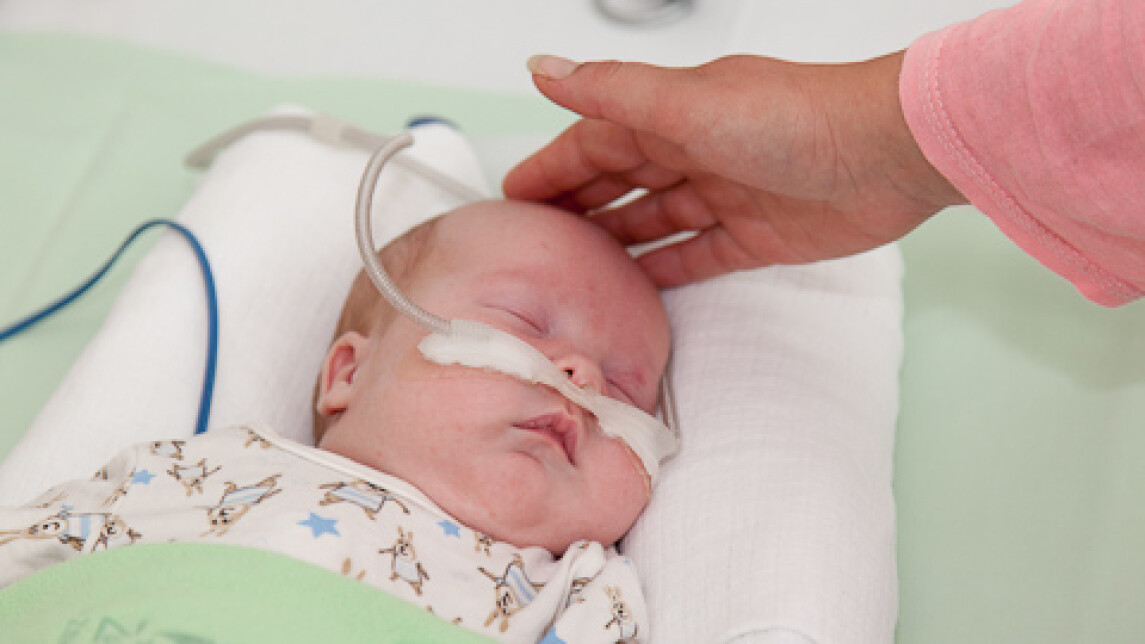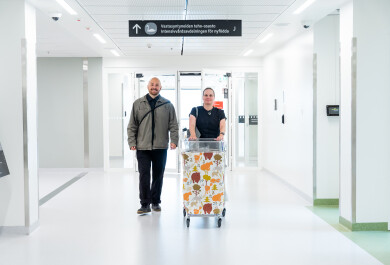Researchers and experts from the University of Turku in Finland and OLVG hospital in the Netherlands have collaborated to develop a tool to measure parent participation and collaboration with healthcare professionals during neonatal intensive care unit (NICU) hospitalisation of ill and preterm infants. The tool helps healthcare professionals secure practices of parent participation and collaboration into normal practice habits in everyday work.
The CO-PARTNER tool is the first tool to capture parents’ role in neonatal care and in their collaboration with healthcare professionals in the NICU. The tool was tested and developed with parents as well as a multidisciplinary group of Dutch experts in neonatal care.
– The tool was found to be reliable, and we could measure differences between a Family Integrated Care (FICare) approach, which involves the parents, and a standard, medical approach to neonatal intensive care, says Doctoral Candidate Jennifer Auxier from the University of Turku.
Involving Parents Has Major Significance
The CO-PARTNER tool measures parents’ active participation and collaboration between parents and healthcare professionals in the following areas: daily and medical care of infants, participation in advocacy and gathering of information, time being present, and closeness and comforting infants.
Parents involved with a unit following the family-centered approach participated more and gave higher total CO-PARTNER scores. High scores given by the parents on the CO-PARTNER tool were correlated with lower parental depression and stronger bonding with the infant.
– Recognising the parents’ inherent role in acute care settings is critical for the normal development of parent-infant relationship. Until now, the parental roles were measured implicitly, but now we are able to measure this with a tool that has been developed based on scientific research and proven reliable, Auxier emphasises.
Experienced parent of three premature infants and Chairman of Keskosperheiden yhdistys Kevyt association in Finland, Minna Pulla thinks that this tool could be offered to parents to support them in understanding how they can participate in the infant care in the NICU.
– This tool can provide parents with confidence in taking care of their babies in the uncertain times of having an infant stay in the NICU. Moreover, it helps nurses capture parents' unique progress in caring for their infants, Pulla states.
Family-Centered Practices Secure Parental Role
According to the lead researcher of the study MD Nicole van Veenendaal, evidence supports inclusion of parents in all daily and medical care of infants.
– Hospital organisations and healthcare professionals should follow shared policies that secure the parents their inherent role as essential caregivers, van Veenendaal states.
The global coronavirus pandemic has brought its own challenges and has led to restrictions on the physical presence of parents in the NICU.
– If the parents’ role as essential caregivers was recognised better, the development of restrictive measures that lead to harmful separation experiences that impact the well-being of parents and health and development of infants could have been avoided, says van Veenendaal.
The continued use and testing of this measure in contexts outside of the Netherlands is warranted, and the team is very interested to make the measure available to researchers and clinicians in order to support parent participation and collaboration between parents and healthcare professional globally.
The article has been published in the scientific journal PLUS ONE.




